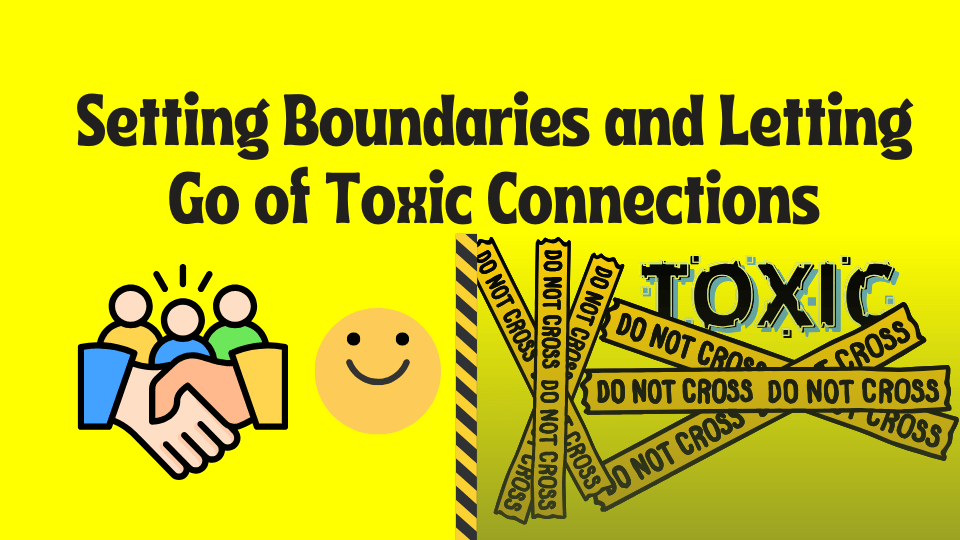Journaling has been a transformative practice for me, helping me untangle my emotions and make decisions that have significantly improved my mental health. One of the most impactful changes I’ve made through journaling was the decision to stop maintaining toxic relationships—even with friends, acquaintances, or family members who often belittled or mocked me, or said hurtful things without hesitation. This was not easy, but it was necessary.
Letting Go of Toxic Connections
There were a few acquaintances who had said terrible things to me in the past, words that haunted me for years. Although we remained connected on platforms like Facebook because of mutual friends, seeing their posts constantly triggered painful memories. I found myself reliving those moments, criticizing myself, and feeling trapped in a cycle of negativity.
Eventually, I reached my breaking point. I decided to remove these people from my Facebook friends list, knowing it was the right thing for my peace of mind. Some even tried to reconnect by sending new friend requests, but I chose not to accept them.
This decision was liberating. For the first time, I wasn’t afraid of retaliation. Journaling helped me realize a critical truth: I wasn’t at fault for their behavior, and I didn’t have to endure their presence in my life anymore. I had suffered long enough and took action to protect myself—something I didn’t need to feel guilty or scared about.
Gaining Clarity To Identify What’s Good For Me And What Isn’t
As I journaled more, I began to understand the kinds of people I want in my life and those I don’t.
The common thread among the relationships I chose to end was this: they were with people who had no hesitation in saying things that hurt me deeply or made me feel unworthy.
I also realized I’m not fond of sarcastic individuals or those who frequently speak negatively about others.
Journaling gave me the clarity to identify what’s good for me and what isn’t. It’s been empowering to draw boundaries that protect my mental health. I’ve come to see that boundaries are essential—not just in relationships but in life overall. They define what supports your well-being and what undermines it.
Learning to Set Boundaries
The idea of setting boundaries wasn’t new to me. Years ago, when I was exploring mental health resources, I came across advice about the importance of boundaries. At the time, I couldn’t fully grasp it because I was in a fragile mental state. Now, with a healthier mindset, I see the wisdom in those words.
While I no longer rely on mental health advice from the internet—it can be addictive for me—I now appreciate how valuable some of those lessons were.
Reevaluating relationships
Reevaluating relationships built in the past has been a game-changer for my mental health. Through journaling, I’ve learned that taking time to reflect on who I want to maintain relationships with and who I might need to distance myself from is a worthwhile exercise.
If you’re exploring journaling, I encourage you to ask yourself:
- Who in your life brings you peace, growth, and joy?
- Who consistently drains your energy or causes you pain?
Journaling helped me take control of my mental health and my relationships. It’s an ongoing process, but one that has brought immense clarity and peace into my life. Setting boundaries isn’t always easy, but it’s one of the most empowering steps you can take for yourself.
About Me: Hi, I’m Evolving Mind. Through this blog, I share my journey of self-discovery and mental well-being. Journaling has been a powerful tool for me, and I hope to inspire others to find their own path to peace and clarity. You can learn more about my journey in my post, Welcome to the Journey of the Mind by Evolving Mind.



Comments
A highly useful and well-explained article! This website consistently delivers great content.
Hi astrohvarna,
Thank you so much for your kind and warm words. They truly mean a lot to me.
https://pirots.win/